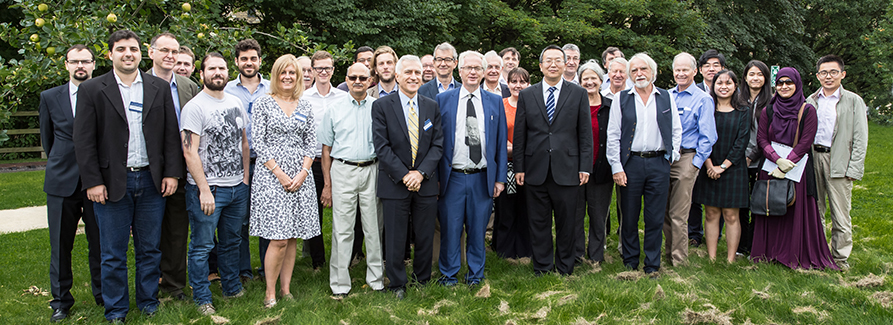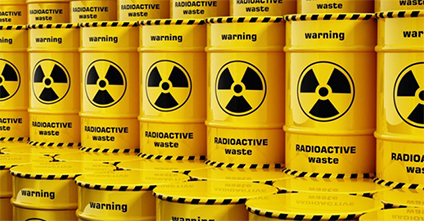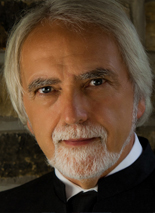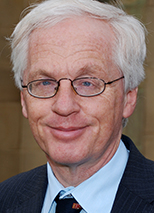Science conference calls for waste burners for nuclear reactors
 Conference delegates
Conference delegates
Mon, 19 Sep 2016 11:25:00 BST
The three-day 4th International Workshop on Accelerator Driven Systems and Thorium was held at the University between 31 August and 2 September
 ENGINEERS and scientists gathered for a three-day conference at the University of Huddersfield this week to progress advanced concepts in nuclear technology.
ENGINEERS and scientists gathered for a three-day conference at the University of Huddersfield this week to progress advanced concepts in nuclear technology.
Delegates from the UK, the USA, China and the rest of the world confirmed that nuclear waste does not have to be kept indefinitely in underground storage bunkers, but instead can be converted into a less hazardous form by the process of transmutation, facilitated by existing accelerator and reactor technologies.
The proposed nuclear waste “burner” would comprise a conventional proton accelerator, a ‘spallation’ target producing high intensity neutrons, and a core containing the waste material from nuclear reactors.
 Belgium, China, and Russia have already begun detailed design studies and have earmarked sites for prototype construction. The widespread global use of such facilities would alleviate many of the concerns the public have about nuclear power, and the conference strongly recommended that every global region, including the UK, should have several such waste burners alongside new and existing nuclear reactors.
Belgium, China, and Russia have already begun detailed design studies and have earmarked sites for prototype construction. The widespread global use of such facilities would alleviate many of the concerns the public have about nuclear power, and the conference strongly recommended that every global region, including the UK, should have several such waste burners alongside new and existing nuclear reactors.
 “If we can replace fossil fuels by nuclear power”, said Huddersfield’s Professor Bob Cywinski (pictured left), who gave the opening keynote lecture, “this will go a long way to solving the problems of CO2 emissions and climate change. The public is unwilling to accept the long-term geological storage of spent nuclear fuel. This technology provides a better way of dealing with it.”
“If we can replace fossil fuels by nuclear power”, said Huddersfield’s Professor Bob Cywinski (pictured left), who gave the opening keynote lecture, “this will go a long way to solving the problems of CO2 emissions and climate change. The public is unwilling to accept the long-term geological storage of spent nuclear fuel. This technology provides a better way of dealing with it.”
“We know how to do this”, added Professor Roger Barlow (pictured right), chair of the workshop. ”We can build accelerators and spallation sources – they have worked safely and effectively for many years. And we know how to handle nuclear waste. All we need to do is put them together.”
Further advantages of the technology is that it will exploit the under-used, but abundant element thorium, which many say provides a cleaner and more sustainable nuclear fuel, and it would consume the nuclear waste to provide electricity, turning a liability into an advantage.
- The 4th International Workshop on Accelerator Driven Systems and Thorium was held at the University of Huddersfield from August 31st to September 2nd. The timetable and the talks can be found online.







